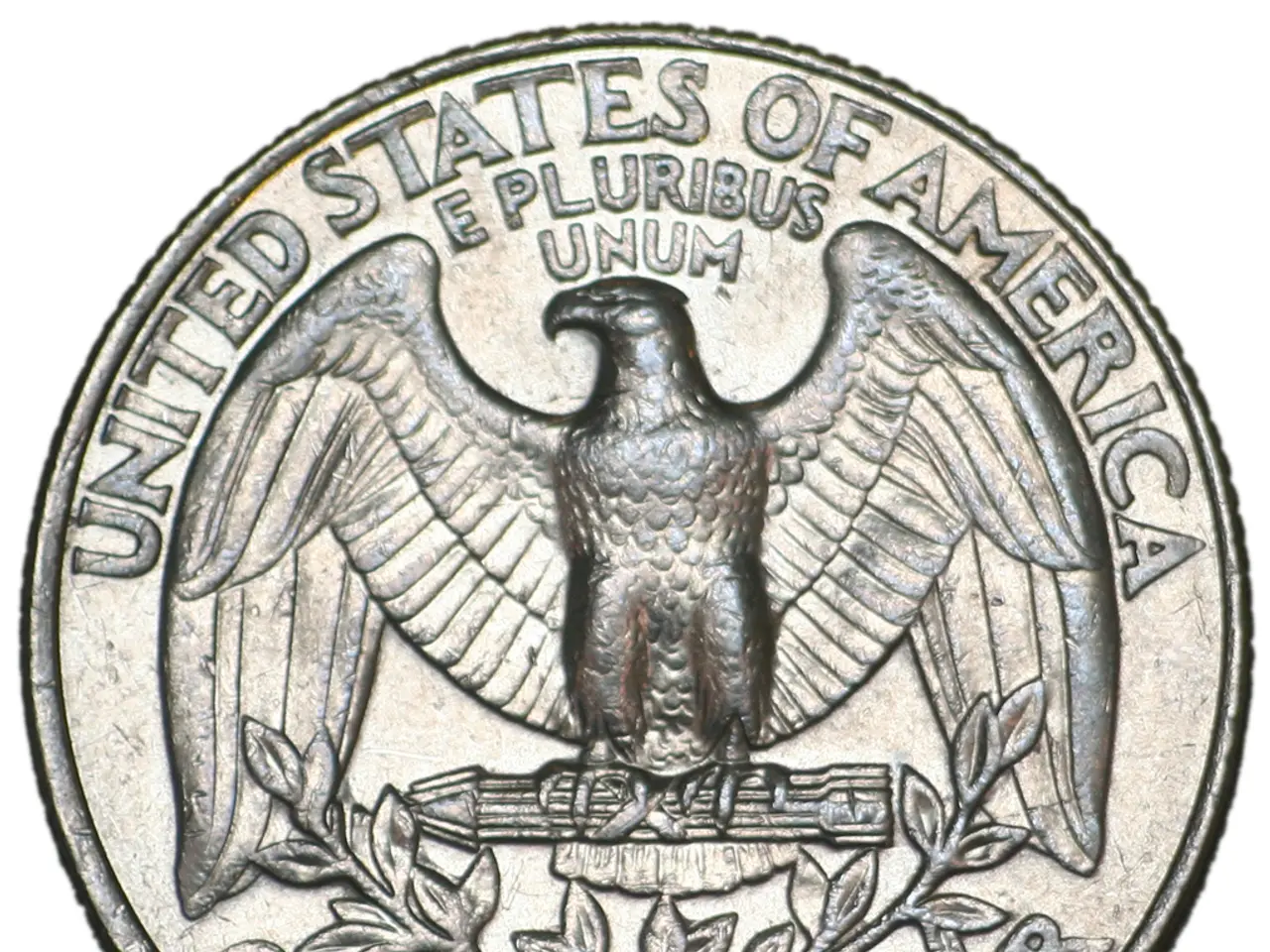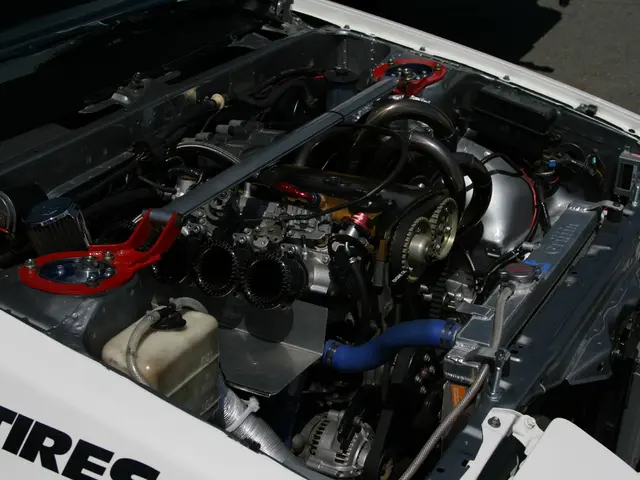Cessation of P2P trading on KuCoin due to regulatory issues in Nigeria
KuCoin, a global cryptocurrency exchange, has announced the suspension of its peer-to-peer (P2P) trading and fast buy services via Naira debit or credit cards, effective May 15, 2024. This decision comes amidst a broader crackdown on cryptocurrency platforms by the Nigerian government.
The suspension is likely due to increased regulatory scrutiny and compliance concerns from Nigerian authorities. The Nigerian government's actions against cryptocurrency companies, such as the recent crackdown on Binance and the arrest of two Binance employees, suggest a potential broader crackdown on P2P trading in the country.
The government's suspicions centre around the manipulation of the naira's value through P2P trading. Specifically, the process of setting exchange rates on P2P platforms is believed to be used by bad players to manipulate the naira's value.
Despite the suspension, all other services will remain available on KuCoin. The company assures its users that ongoing orders will be completed. KuCoin is committed to complying with these regulations during the P2P suspension.
The potential P2P ban was hinted during a meeting with the Blockchain Industry Coordinating Committee of Nigeria (BICCoN). Recent comments by the acting SEC chief suggesting a potential P2P ban may have influenced KuCoin's decision to suspend P2P trading services.
The implications for cryptocurrency trading in Nigeria include reduced access to local fiat (naira) trading pairs on major exchanges, increased reliance on crypto-to-crypto trading or indirect methods, heightened regulatory risk and uncertainty, potential suppression of local crypto market liquidity, and increased difficulty for Nigerian investors to enter or exit crypto positions efficiently.
This regulatory environment reflects Nigeria’s efforts to control foreign exchange volatility and enforce compliance on crypto businesses, impacting how cryptocurrency trading functions within the Nigerian financial ecosystem. The naira's value has dropped by over 60% in the past year, and the Nigerian government's foreign exchange situation remains a concern, with uncertain oil markets and dwindling foreign investment putting pressure on the country's foreign exchange reserves.
[1] Binance Stops Offering Naira P2P Services After Nigerian Government Crackdown. (2024). CoinDesk. Retrieved from https://www.coindesk.com/business/2024/04/20/binance-stops-offering-naira-p2p-services-after-nigerian-government-crackdown/
[2] KuCoin Suspends Naira-Based P2P Trading and Fast Buy Services Amidst Regulatory Scrutiny. (2024). Cointelegraph. Retrieved from https://cointelegraph.com/news/kucoin-suspends-naira-based-p2p-trading-and-fast-buy-services-amidst-regulatory-scrutiny
Read also:
- AI Inspection Company, Zeitview, Secures $60 Million Funding for Expansion
- Future of Payments: If the U.S. regulates stablecoins through the GENIUS Act, according to Matt Hougan
- High-Performance McLaren Automobile: McLaren Speedtail
- The new design chief at General Motors predicts that autonomous vehicles will significantly alter the appearance of cars.








